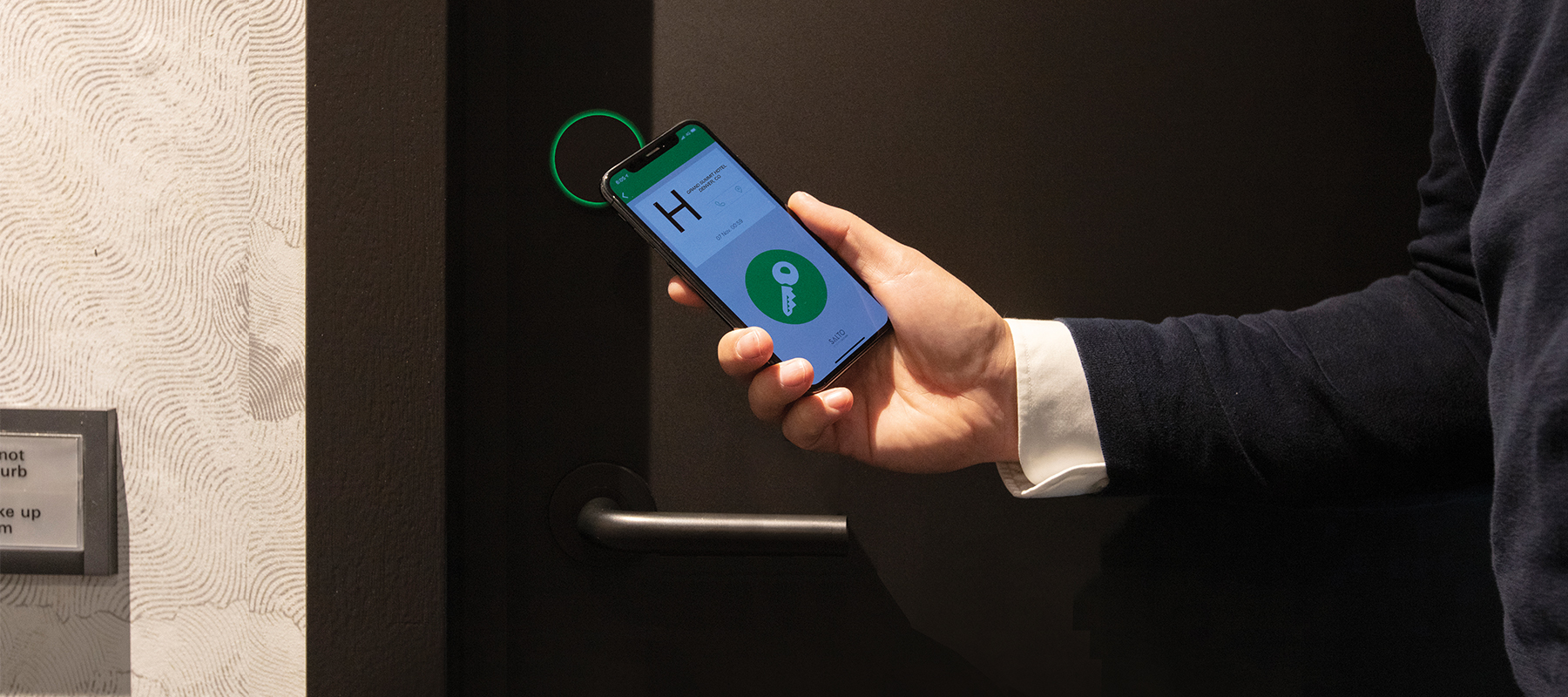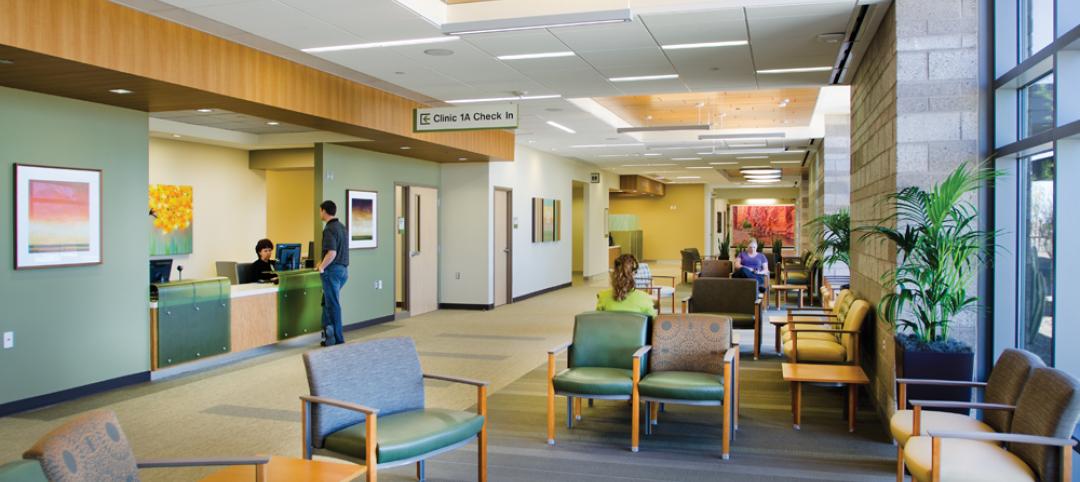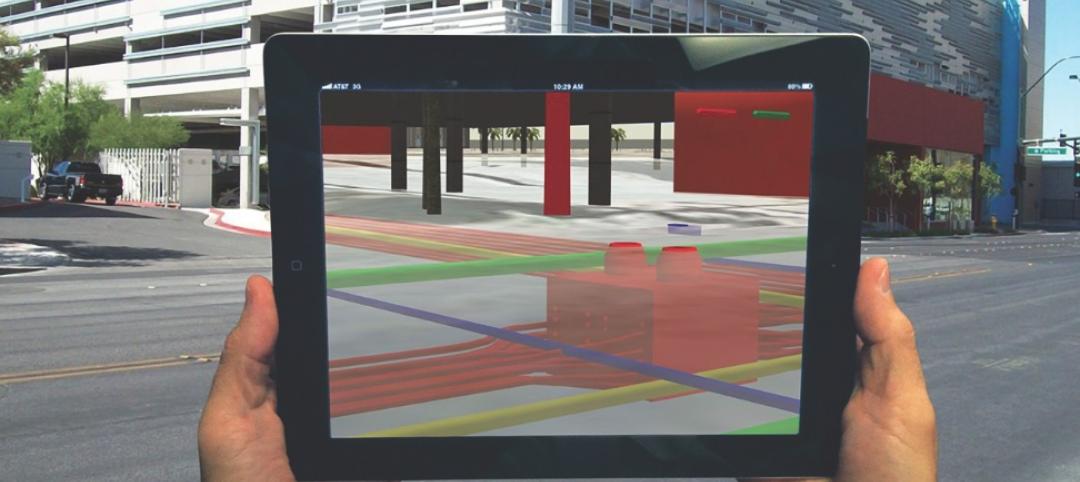Digital guest keys have come of age, overcoming many early hurdles, including technical issues, compatibility, and user adoption. Today, digital keys, accessed through a guest's smartphone, are becoming commonplace at upscale hotels and resorts and are expected to boom in popularity over the next few years. Research suggests that by 2025, mobile key adoption rates could soar above 70% in hotels worldwide. This shift is indicative of a broader trend: as people become increasingly reliant on their smartphones for a myriad of daily tasks, mobile keys are poised to become the new standard in the hospitality sector.
Enhancing Guest Experience and Efficiency
Cornell University’s School of Hotel Administration has highlighted the impact of waiting times on guest satisfaction, noting that a mere five-minute delay at check-in can cut guest satisfaction by as much as 50%. The advent of online check-in, coupled with the deployment of digital room keys, offers a solution. This technology allows guests to skip the front desk entirely and head straight to their rooms, significantly enhancing their overall experience by saving time and reducing stress.

Beyond Convenience: Safety and Operational Benefits
Digital keys offer more than just convenience; they are a cornerstone for enhancing guest safety and streamlining hotel operations. Their integration with smart home technology and the Internet of Things (IoT) is particularly noteworthy. Modern hospitality apps, when used in conjunction with mobile keys, enable guests to control various aspects of their room environment, such as lighting, temperature, and entertainment systems, directly from their smartphones. This integration creates a unified, seamless experience, allowing guests to unlock their rooms, adjust settings, and access hotel amenities through a single application.

For hoteliers, the transition to digital keys represents a dual benefit. Not only does it streamline the check-in process, but it also frees up staff to focus on providing more personalized and attentive service to guests. As technological advancements continue, it's clear that digital keys are set to become a standard feature in the hospitality industry, linking every aspect of the guest experience together.
Digital key technology represents an important step forward for the hospitality industry. The advantages for both hotels and guests ensure that mobile keys will play a key role in the industry's future.

Security Advantages of Digital Keys
Security and privacy are paramount in the digital age, and digital keys excel in these areas. Traditional keys and plastic key cards are prone to being copied, lost, or stolen. In contrast, digital keys offer a higher level of security, as access is granted through guests' smartphones, which are usually protected by passcodes or biometric authentication. Advanced encryption protocols ensure that digital keys are unique to each guest and securely managed, mitigating the risk of unauthorized access.
"Our priority at Salto, is to empower our hotel customers to deliver an outstanding and secure guest experience, by leveraging cutting-edge security features and ensuring the highest standards of safety," says Roland Smith, Hospitality Industry Solutions Leader at Salto.
Economic and Environmental Impacts
Beyond enhancing security, digital keys are also economically beneficial for hotels. They reduce the need for front desk staffing and lower the overall cost of key management. Physical keycards, which can cost hotels between $2 and $10 each, are replaced by digital keys, which incur virtually no marginal cost. This shift not only saves money but also aligns with environmental sustainability efforts by reducing plastic waste.

The transition to mobile keys, while initially challenging due to upfront costs and training requirements, is a strategic investment for the future of the hospitality industry. Digital keys promise to improve the guest experience by making hotel stays more efficient, personalized, and secure.
Unlocking the Future: A Transformative Trend in Hospitality
Mobile keys are an exciting innovation for the hospitality industry that provides numerous benefits for hotels and guests. While switching to mobile keys involves challenges like upfront costs and learning curves, the long-term benefits make it a worthwhile investment.
In conclusion, the shift towards mobile room keys in the hospitality industry is a trend driven by the growing dependency on smartphones and the demand for seamless, secure, and efficient guest experiences. Digital keys are transforming hotels into smarter, more connected spaces, where the emphasis is on ease, personalization, and security. As this technology continues to evolve and integrate with other smart systems, its role in reshaping the hospitality landscape will undoubtedly expand, marking a significant step forward in how hotels operate and serve their guests.
The future of hotel access technology is the ability to improve the guest experience and to make hotel operations more efficient—mobile keys make this a reality.
Related Stories
| Sep 19, 2013
6 emerging energy-management glazing technologies
Phase-change materials, electrochromic glass, and building-integrated PVs are among the breakthrough glazing technologies that are taking energy performance to a new level.
| Sep 19, 2013
Roof renovation tips: Making the choice between overlayment and tear-off
When embarking upon a roofing renovation project, one of the first decisions for the Building Team is whether to tear off and replace the existing roof or to overlay the new roof right on top of the old one. Roofing experts offer guidance on making this assessment.
| Sep 17, 2013
Healthcare project will merge outpatient clinic with YMCA to promote wellness and prevention
Penrose-St. Francis Health Services and the YMCA of the Pikes Peak Region announce collaboration, along with developer The Boldt Company, to create next-generation wellness facility.
| Sep 16, 2013
Study analyzes effectiveness of reflective ceilings
Engineers at Brinjac quantify the illuminance and energy consumption levels achieved by increasing the ceiling’s light reflectance.
| Sep 13, 2013
Loews Hotels & Resorts announces major cross-portfolio upgrades
Loews Hotels & Resorts is currently in the midst of a major growth and property redesign initiative, reflecting a strong national trend in hospitality renovation.
| Sep 11, 2013
BUILDINGChicago eShow Daily – Day 3 coverage
Day 3 coverage of the BUILDINGChicago/Greening the Heartland conference and expo, taking place this week at the Holiday Inn Chicago Mart Plaza.
| Sep 10, 2013
The new medical office building: 7 things to know about today’s outpatient clinic
Regulatory pressures, economic constraints, and emerging technologies are transforming healthcare. Learn how Building Teams are responding with efficient, appealing, boundary-blurring outpatient buildings.
| Sep 10, 2013
BUILDINGChicago eShow Daily – Day 2 coverage
The BD+C editorial team brings you this real-time coverage of day 2 of the BUILDINGChicago/Greening the Heartland conference and expo taking place this week at the Holiday Inn Chicago Mart Plaza.
| Sep 4, 2013
Augmented reality goes mainstream: 12 applications for design and construction firms
Thanks to inexpensive mobile devices and increasingly advanced software apps, Building Teams are finally able to bring their BIM models to life on the job site.
| Sep 4, 2013
Smart building technology: Talking results at the BUILDINGChicago/ Greening the Heartland show
Recent advancements in technology are allowing owners to connect with facilities as never before, leveraging existing automation systems to achieve cost-effective energy improvements. This BUILDINGChicago presentation will feature Procter & Gamble’s smart building management program.

















